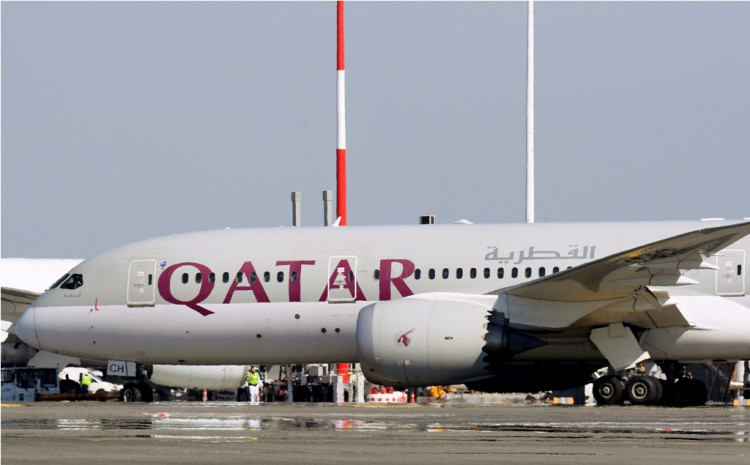Boeing has stood up against a New York Times report that alleged the American jet maker's South Carolina factory working on the 787 Dreamliner displayed "shoddy production." The company called the report "offensive" and "distorted."
On Saturday, the New York Times published a report that suggested Boeing's 787 Dreamliner manufacturing plant in North Charleston, South Carolina, had production oversights. The report said production practices in the factory could be threatening the model's security.
Boeing has since rejected the outlet's claims. Site leader of the South Carolina factory, Brad Zaback, said the story was a rehash of old accounts "that have long been put to rest." According to NBC News, Zaback also denied claims that employees were not given a chance to speak out about the issues at the facility.
While The Times stressed in the report that "there is no evidence" the alleged production issues at the 787 Dreamliner factory led to safety threats so far, the outlet cited internal emails that indicated Boeing prioritized speed of production over quality.
Workers reportedly complained about the 787 Dreamliner factory's production practices and lodged complaints repeatedly but the Boeing management reportedly favored speedy production over safety and quality of the planes.
The Times added that Qatar Airways reportedly had issues with the South Carolina 787 Dreamliner factory's manufacturing practices. Due to increased tension over the plant, the airliner has reportedly opted to purchase Dreamliner models from another Boeing manufacturing plant.
Industry analysts noted that the recent setback Boeing is going through could lead to questions about the safety of its 787 Dreamliner models. It does not help that Boeing is faced with scrutiny over the two 737 Max crashes in October and March, analysts said.
Boeing is currently in the process of having its 737 Max models certified by the Federal Aviation Administration (FAA) after a software update was integrated into the anti-stall system. The software was upgraded after the Lion Air and Ethiopian Airlines crashes that killed 346 people.
Multiple outlets confirmed last week that a joint global panel will review instances on how the Boeing 737 Max models were certified in the first place. Nine civil aviation authorities and aviation experts from the NASA and FAA will join the investigation.
Boeing first received extreme backlash from aviation experts and industry analysts around the world after a Lion Air 737 Max jet crashed in Indonesia a few minutes after take-off in October. Last month, an Ethiopian Airlines jet of the same model nose-dived a couple of times before crash-landing.





